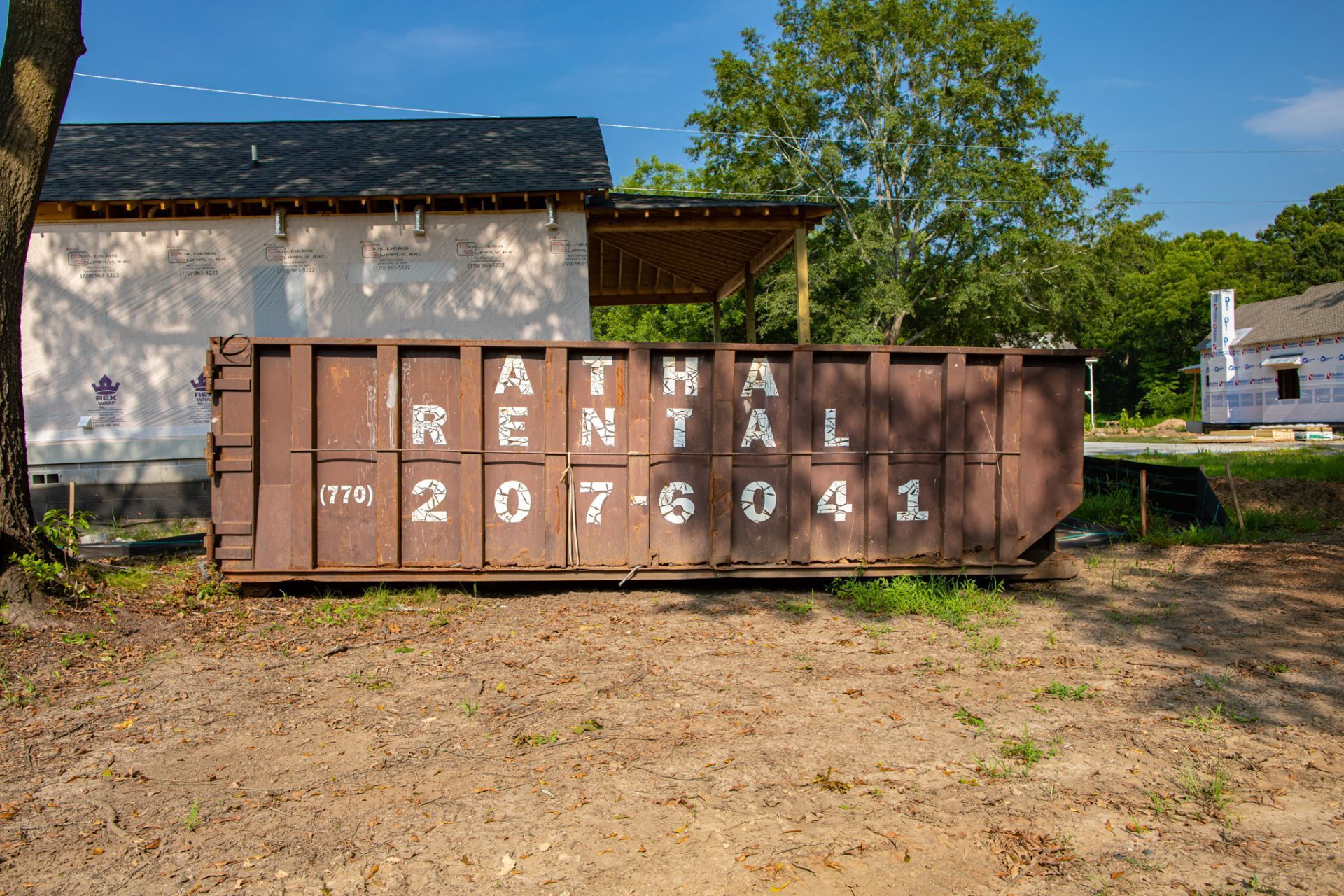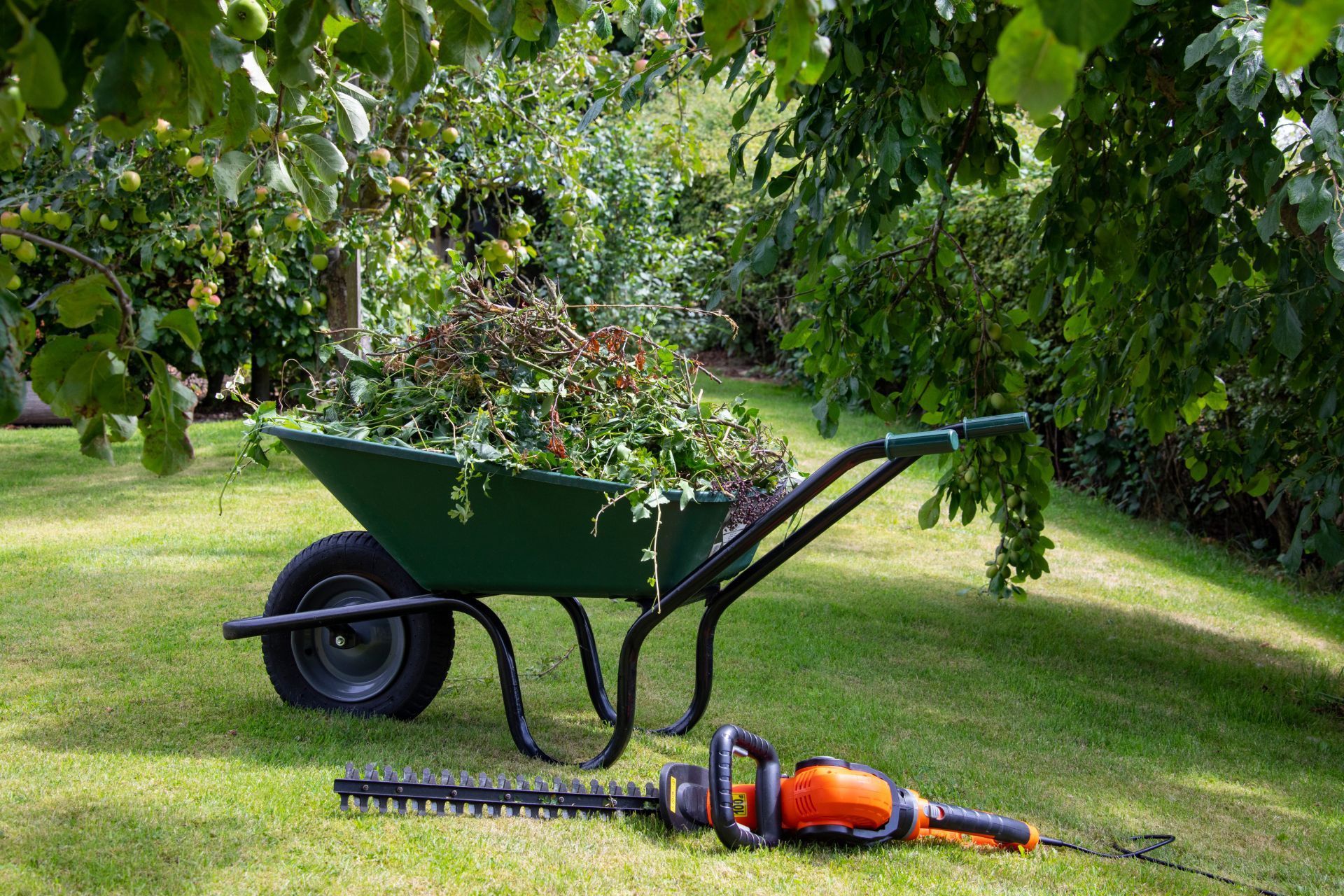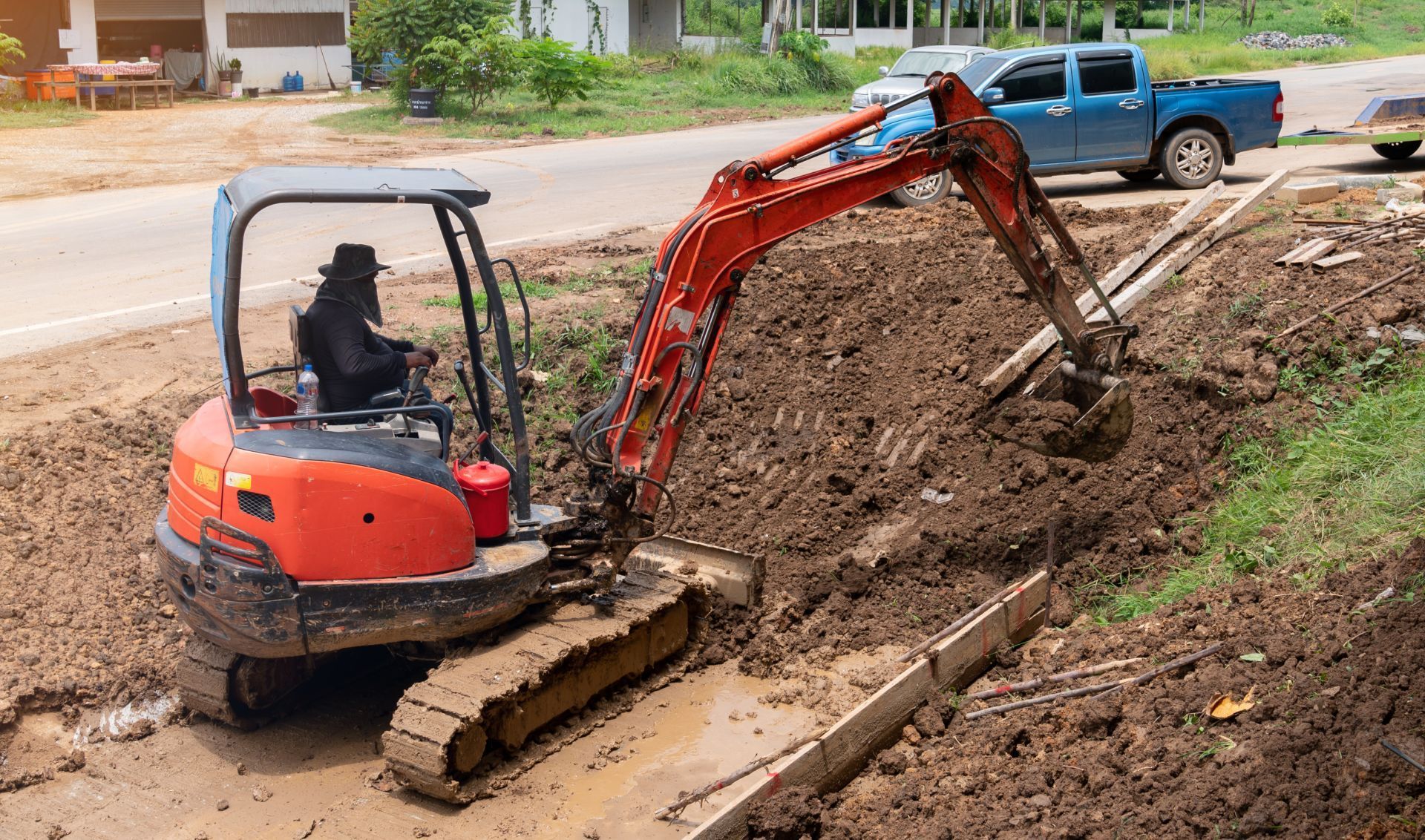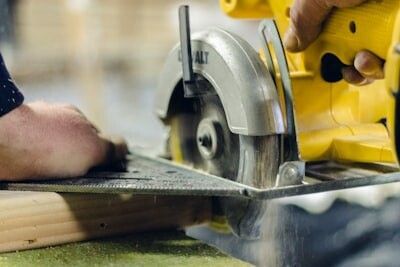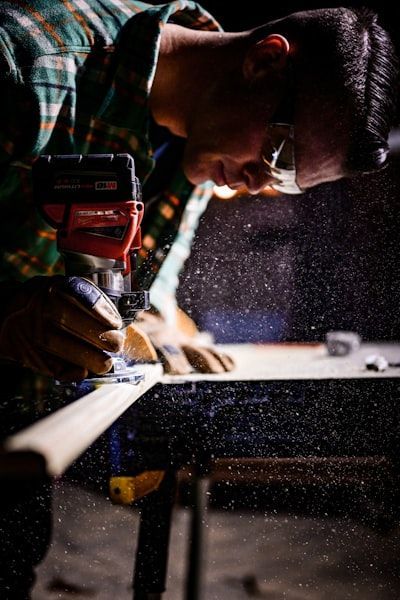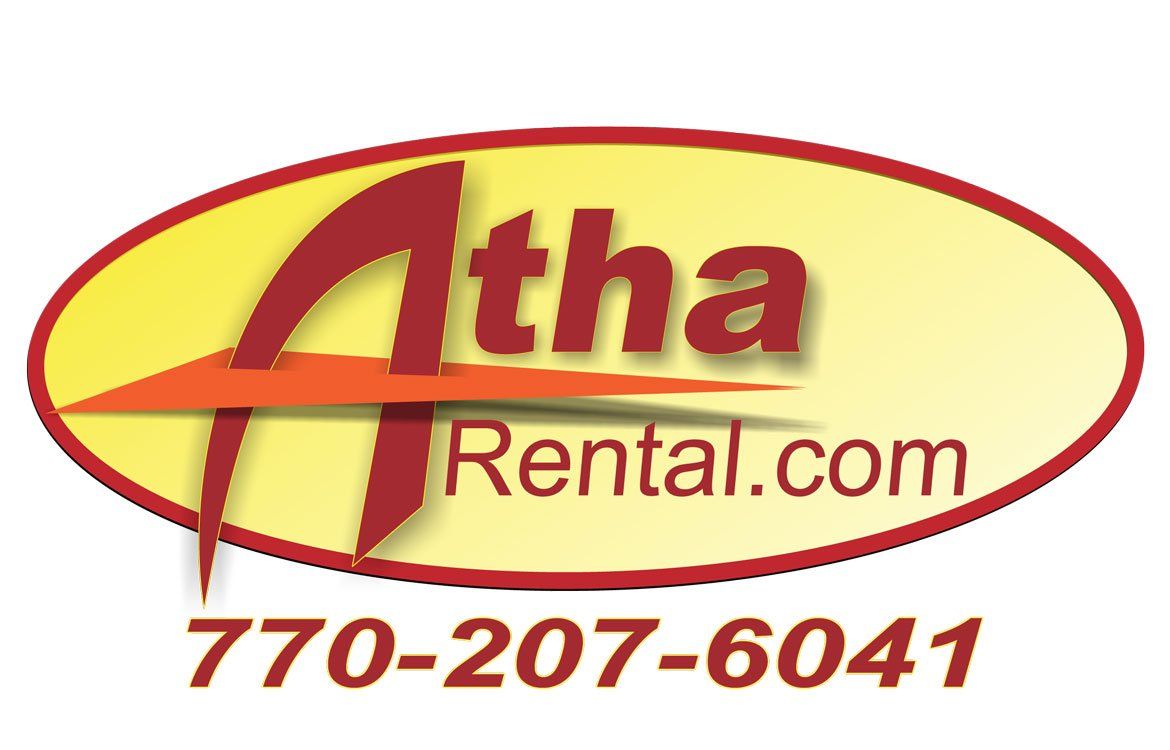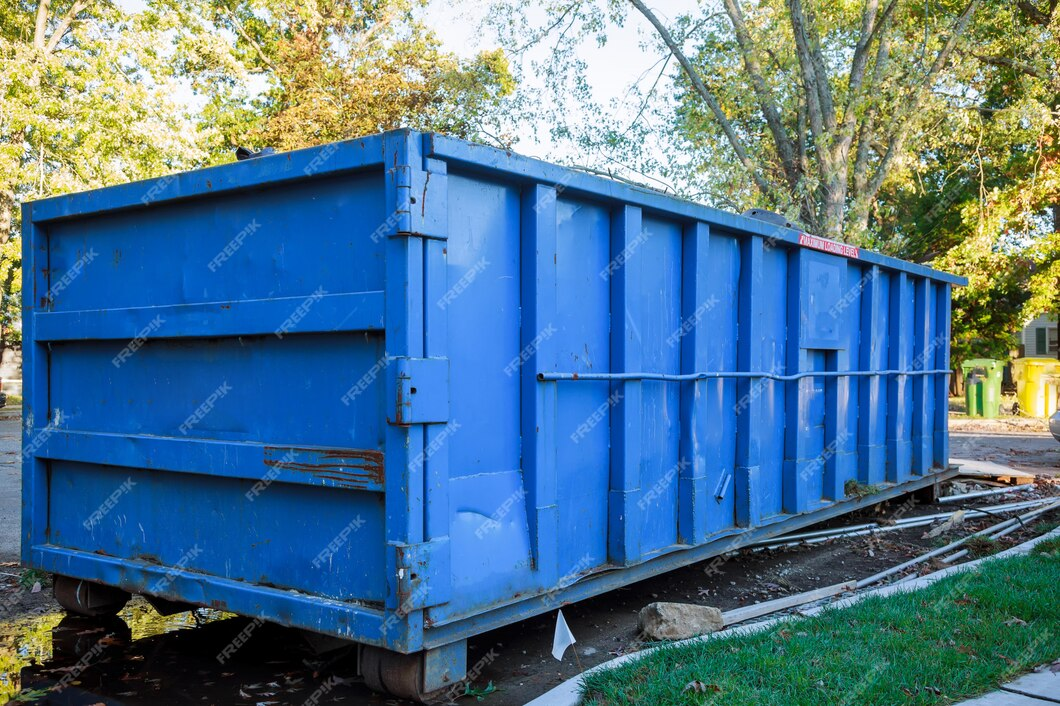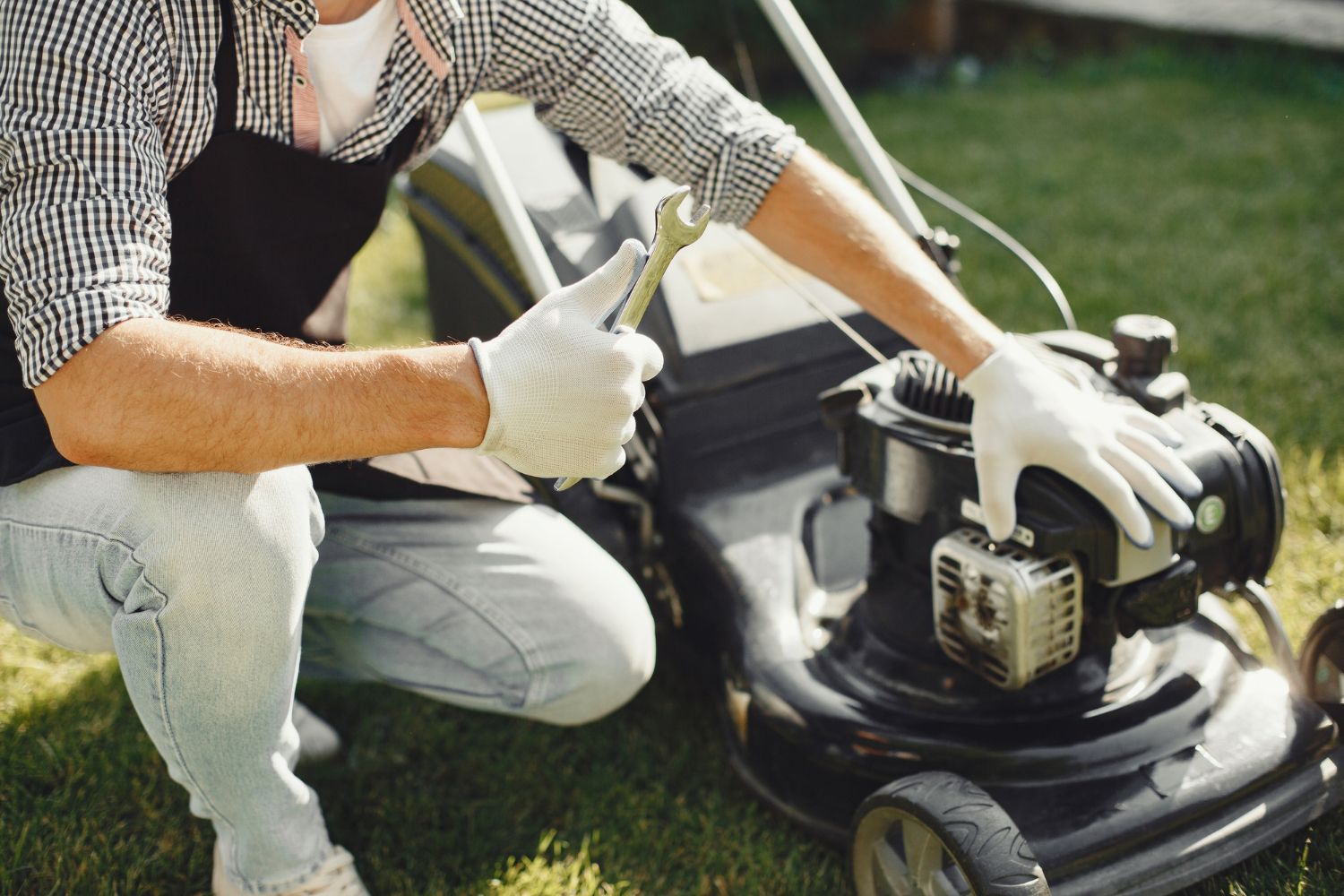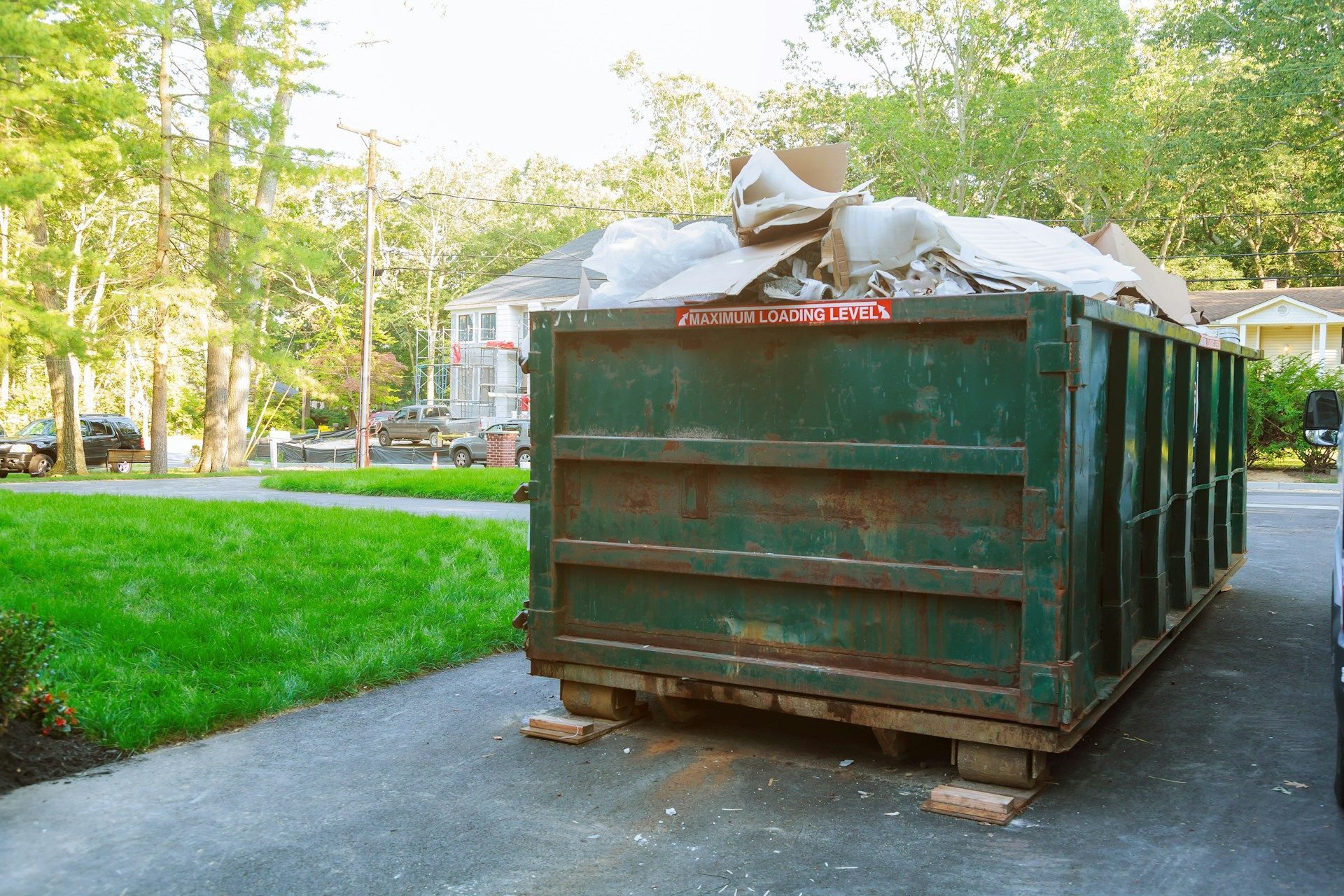How To Choose the Right Generator for Your DIY Projects
How to Choose the Right Generator For DIY Projects
In the realm of do-it-yourself projects, resourcefulness and creativity often go hand-in-hand. But what happens when you require more power than your regular sockets can provide? Enter the world of generator rental. This comprehensive guide on generator rental and safe usage aims to empower DIY enthusiasts with the knowledge necessary to confidently navigate through the process of selecting, renting, and safely operating generators for their projects.
Whether it's a home renovation, an outdoor event, or a garage workshop, understanding how to effectively use a generator can significantly enhance your DIY capabilities. This guide is meticulously crafted to provide expert advice and practical insights, ensuring that your projects are not just powered, but supercharged for efficiency and success.
Determining Your Generator Rental Needs
Before selecting a rental generator for your DIY project, evaluate your power requirements to ensure you choose an appropriate unit. Consider the following aspects:
1. Power demands: Calculate the combined wattage of all devices and appliances you will operate simultaneously, accounting for both running and starting wattages. This information helps determine the generator size that can efficiently meet your power needs without overloading.
2. Generator types: Rented generators are commonly available in portable and standby models. Portable generators offer mobility and flexibility, while standby generators may require professional installation but provide more power output and automatic startup in case of power loss.
3. Fuel type: Rental generators typically run on gas, diesel, or propane. Each fuel type affects generator performance, runtime, and emissions, so choose one according to your project's requirements and environmental factors.
4. Output capacity: Generators are available in different power output capacities, usually indicated in watts or kilowatts. Ensure the generator can supply sufficient power to meet the demands of your DIY project without straining or damaging the unit.
Our knowledgeable team at Atha Rental in Monroe, GA, can assist you in determining the ideal generator for your needs, providing professional recommendations and support throughout the selection process.
Safety Guidelines and Best Practices for Operating Your Rented Generator
Ensure a safe and efficient DIY project experience by following these safety guidelines and best practices when operating your rented generator:
1. Proper setup: Place the generator on a stable, level surface, far from flammable materials. Be sure to locate your generator outdoors and away from enclosed spaces to prevent carbon monoxide hazards.
2. Adequate ventilation: Maintain proper ventilation around the generator during operation, ensuring airflow is unrestricted and exhaust gases don't accumulate in confined spaces.
3. Grounding: Ground your generator according to the manufacturer's instructions and local regulations, using a grounding rod and wire to minimize electrical hazards.
4. Regular maintenance: Check your generator's oil and fuel levels, air filters, and overall condition every few hours during extended use to maintain peak performance and reduce the risk of breakdowns.
Overcoming Common Generator Usage Challenges
While operating rental generators for your DIY project, you may encounter challenges that could compromise your project's progress or safety. Consider these practical tips and solutions to tackle common issues:
1. Overloading: Prevent overloading your generator by avoiding plugging too many devices at once or exceeding the generator's output capacity. Instead, prioritize essential equipment and stagger usage, if possible.
2. Extension cords and power strips: Opt for heavy-duty extension cords and power strips designed for outdoor use and rated for the intended wattage. Be sure to inspect cords and connections for signs of wear or damage before use.
3. Noise reduction: Some generators can be excessively noisy during operation, disturbing neighbors or disrupting your work environment. Minimize noise by using a generator with a built-in muffler or situating the unit behind a noise-reducing barrier.
4. Fuel management: Keep a reserve of fuel on hand to avoid running out during your project, but always store it in a safe and secure location, away from sources of heat or open flames.
Maximizing Efficiency and Product Longevity With Proper Generator Care
Following these tips will help you maximize the efficiency and lifespan of your rented generator during your DIY projects:
1. Perform periodic maintenance: Regularly check and maintain your generator's components, such as air filters, oil levels, and spark plugs, to extend its lifespan and ensure optimal performance.
2. Use fresh fuel: Old or contaminated fuel can lead to poor generator performance and engine damage. Always use fresh, high-quality fuel and stabilize it if storing for extended periods.
3. Load balancing: When operating multiple devices, balance your generator's load by evenly distributing appliance wattage across its various outlets.
4. Timely shutdown and cooldown: Before refueling, disconnecting loads, or performing maintenance, always turn off your generator and allow it to cool down for several minutes to prevent accidents and damage.
Understanding the Basics of Generator Rental for DIY Enthusiasts
Renting a generator for your DIY project requires thoughtful planning, informed equipment selection, and diligent operational practices to ensure a seamless power supply and a safe work environment. With the aid of this expert guide and Atha Rental's unparalleled support, you can face your DIY projects with confidence, knowing you have the right generator for the task and the knowledge to use it safely and effectively.
Trust Atha Rental as your
go-to rental equipment provider in Monroe, GA, committed to helping you achieve professional results, bring your vision to life, and power up your DIY aspirations.
